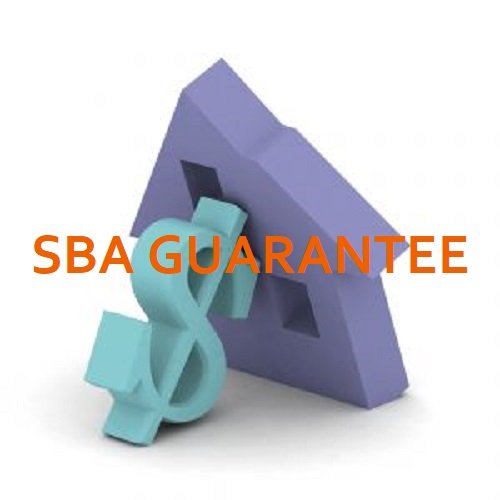Most Common Types of Small Business Loan Fees

You may need funding sooner or later to successfully run and grow your small business. Whether you need extra working capital to buy inventory and equipment, pay off debt, expand business location, hire employees or make payroll, a small business loan is a vital part of any successful business.
Besides considering rates and terms for your small business loan, it’s equally essential to examine different types of fees associated with it. Since these fees can increase or decrease the total cost of your loan, it’s important to know about them until it’s too late to turn back.
Whether you’re applying through a traditional bank or an online alternative lender, here are some of the most common fees you’ll encounter when securing a small business loan.
Application Fee
To apply for a small business loan, you’ll need to fill out a loan application. An application fee is an upfront fee charged by a lender to review this loan application such as appraising the value of the business assets. It’s always a good idea to compare lenders who don’t charge an application fee or any amount before approving your loan application.
Origination Fee
This is the fee charged by lenders to process and approve your loan application, including verifying your personal and business information. It can either be charged as a flat or a percentage of the loan amount. An origination fee may vary from lender to lender but usually ranges between 1%-6% for small business loans.
For example, if a lender approves your loan of $10,000 loan with a 3% origination fee, you pay $300 which is generally deducted from the funds you receive. In this case, you will actually get $9,700. However, you’d still be expected to repay $10,000 plus interest.
Monthly and Annual Fee
Some lenders charge monthly and annual fees which is an added loan maintenance charge. Though you may find plenty of lenders who don’t charge these fees, you should ask your lenders not to include this expense in their terms.
Late Payment Fee
A late payment fee is a flat fee charged on your missed loan payments. This fee is standard with almost all small business loans and lenders generally add it to their agreement. To avoid a late payment fee, make your installments on time and in full.
SBA Guarantee Fee

If you’re applying for an SBA 7(a) loan then Small Business Administration can charge this guarantee fee. All SBA lenders are required to pay this fee, and lenders usually charge it from their borrowers. Instead of the total value of the loan, it is based on the guaranteed loan amount and repayment terms. It is typically charged on the loan over $150,000.
- It may interest you: Important Things You Should Know About Alternative Lending For Small Businesses
Prepayment Fee
It may surprise you, but paying off your borrowed amount early could also cost you. If you want to pay off some or all of your borrowed amount before the loan maturity date, a prepayment fee can kick in. depending on the lender, you may have to pay a flat fee or interest for the full term.
Other Fees
- Wire transfer fee
- Non-sufficient funds fee
- Payment by check fee
- Credit check fee
- Unused line fee
- Collection and overdue fee
- Lockbox fee